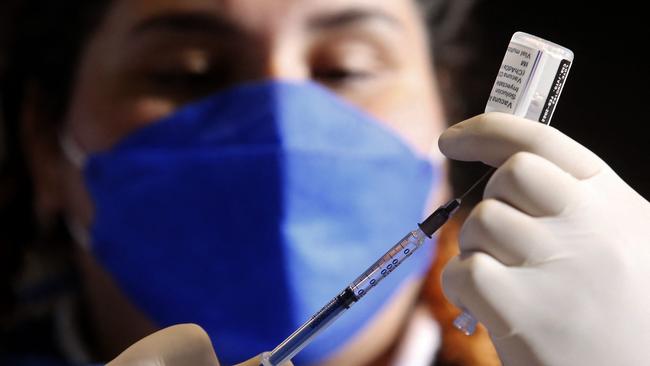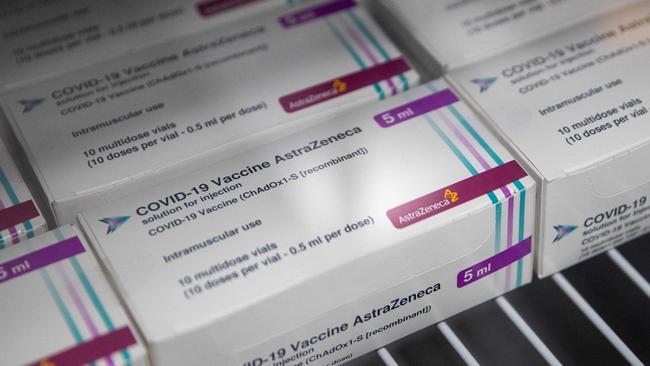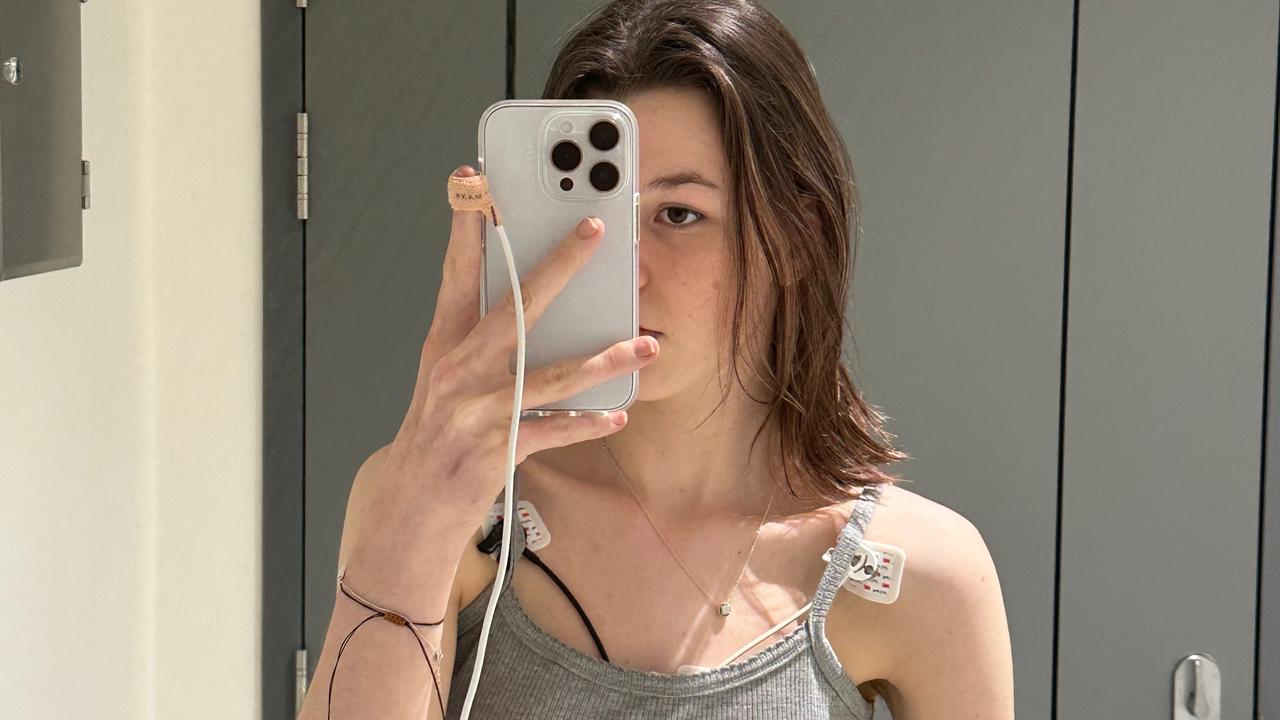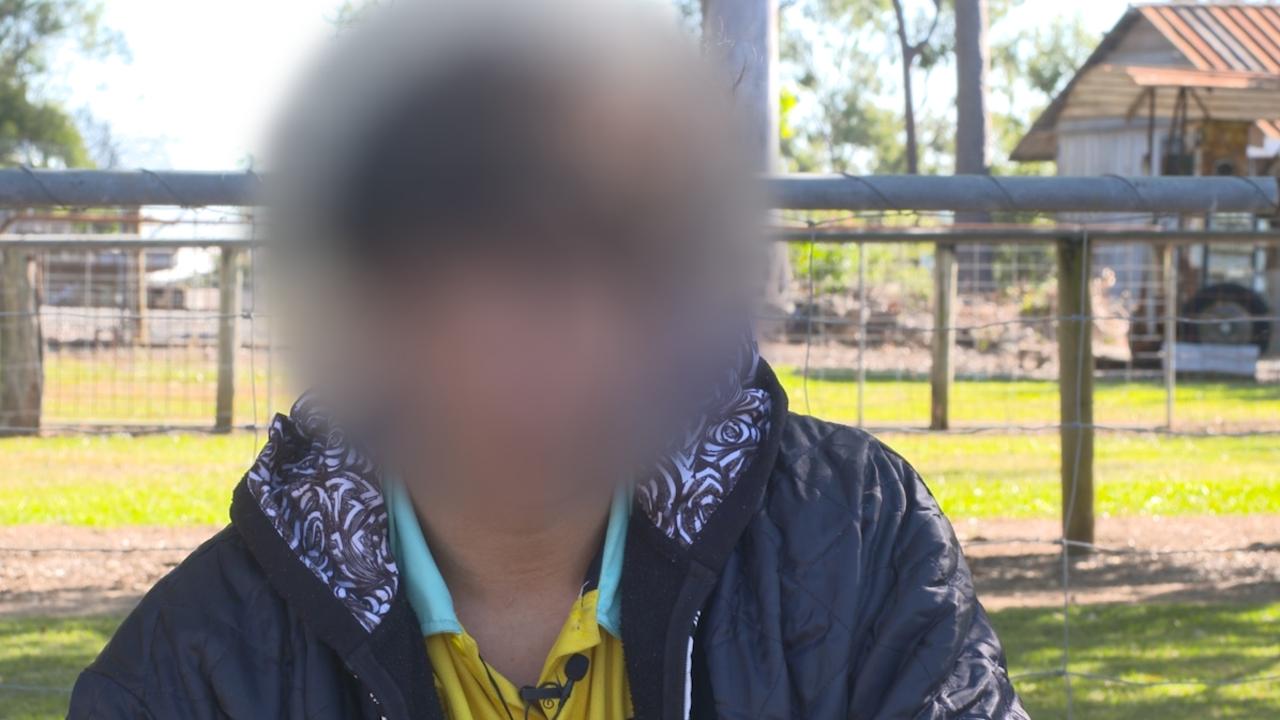SAHMRI research reveals potential link between AstraZeneca Covid vaccine and blood clots
SA research into Covid vaccines reveals multiple “surprising” results – including one’s potential link to extremely rare blood clots.
Coronavirus
Don't miss out on the headlines from Coronavirus. Followed categories will be added to My News.
South Australian research has revealed fundamental differences in how the AstraZeneca and Pfizer Covid vaccines affect the immune system, including a potential link to blood clots.
It appears the immune system “unexpectedly” recognises a part of the AstraZeneca, triggering a response that may be a precursor to blood clotting.
Among results that “surprised” the researchers, feeling sick after the third dose may be a good thing, because it appears to be linked to a more highly effective immune response.
Researchers led by the South Australian Health and Medical Research Institute (SAHMRI) tracked the immune responses of 102 adults, all living in South Australia at the time there was no community transmission of Covid.

Participants had blood taken immediately after each dose of either the AstraZeneca or
Pfizer vaccines to assess early-immune response, then were tested 28 days after every shot to evaluate B and T cell activity – B cells produce antibodies and T cells kill infected cells.
Study lead Professor David Lynn, SAHMRI Systems Immunology Laboratory head and Professor at the Flinders University College of Medicine & Public Health, noted the Pfizer vaccine uses mRNA technology while AstraZeneca uses a harmless chimpanzee adenovirus to trigger an immune response.
“After the first dose, we were surprised to find the Oxford/AstraZeneca vaccine elicits an unexpected memory-like response in the immune system, recognising the vaccine as if it’s something it’s seen before,” he said.
“This response is targeted against the adenovirus vector in the vaccine and the intensity of this response correlates with the expression of proteins that act as a precursor to thrombosis, or blood clotting.
“While vaccine-induced immune thrombotic thrombocytopenia (VITT) is an extremely rare side effect associated with the Oxford/AstraZeneca vaccine, this research offers a potential explanation for the connection between the Oxford/AstraZeneca vaccine and the cases of VITT that have been reported.”
None of the study participants developed blood clots.

Participants who had only had two doses of AstraZeneca generally produced lower amounts of antibodies and less of a specialised type of T-cell that helps with antibody production compared with those who had two doses of the Pfizer vaccine.
This was rectified once they had a booster dose of an mRNA vaccine.
Feeling unwell after a vaccine dose may be linked to its effectiveness.
“People who showed symptoms of fatigue and fever immediately after the third dose were more likely to have better T-cell responses. T-cells play a vital role in vaccine efficacy as they can directly kill viral cells,” Prof Lynn said.
The study added evidence to the notion that vaccines offer some people more effective protection than others. The reasons are not well understood but Prof Lynn says age is a factor, with older people generally having a lower immune response after two doses.
A third booster dose was highly effective at overcoming this.
The study was a collaboration involving SAHMRI, Flinders University, Murdoch Children’s Research Institute, The University of Melbourne, The University of Adelaide, Basil Hetzel Institute for Translational Health Research, University of New South Wales, The Kirby Institute, Alfred Hospital, Monash University, AstraZeneca and the Royal Adelaide Hospital.




